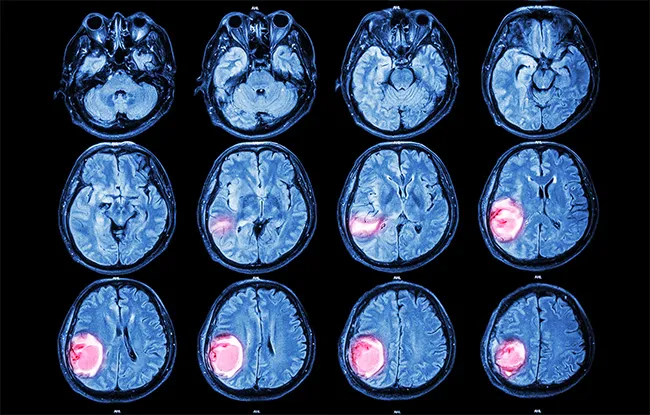- Home >
- Patients and Care >
- Cancer types >
- Central nervous system cancers >
- Research for central nervous system cancers
Central nervous system cancers

Research for central nervous system cancers
As with other cancers, Institut Curie participates in or initiates a large number of national and international clinical trials, covering the various problems associated with central nervous system tumors, whether metastatic or primary.
It is also a leader in the development of innovations in radiotherapy: the FRATHEA project aims to build, within the institute, a Flash-VHEE (Very High Electron Energy) radiotherapy device, capable of delivering in a fraction of a second a dose equivalent to that delivered in a week by conventional radiotherapy. Conducted in collaboration with the CEA, and funded by France 2030 and the Ile-de-France Region, this program should enable the first clinical trials to be carried out by 2028, with the ultimate ambition of increasing recovery rates while reducing the side effects of radiation. Research is also focused on bringing spatially fractionated radiotherapy closer to human applications, in particular radiotherapy using mini proton beams. This offers the possibility of sending peaks of radiation into tumors, which has proved to be a major advantage in reducing the toxicity of radiotherapy while maintaining an anti-tumor effect that is at least equivalent, if not superior.
Finally, Institut Curie teams are working at both fundamental and pre-clinical levels to understand the biology of central nervous system tumors, to improve treatments and to use artificial intelligence to make better diagnoses, better predict responses to treatments, increase their safety and thus improve care.

